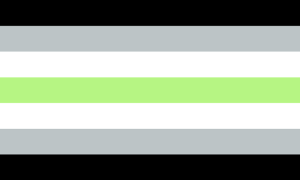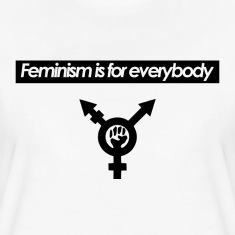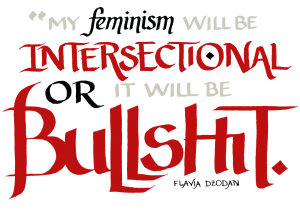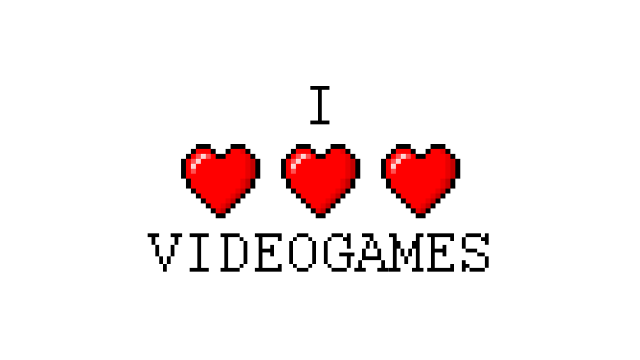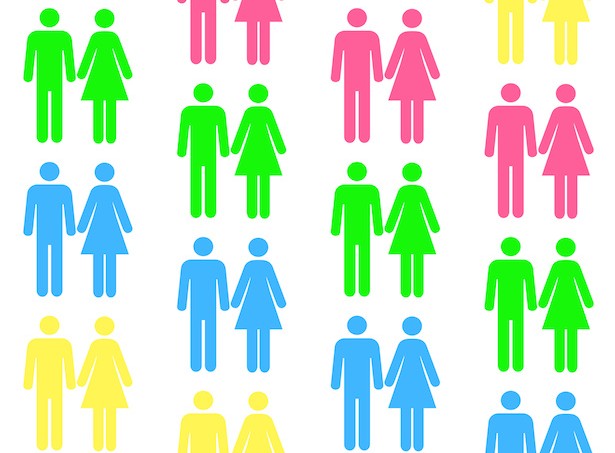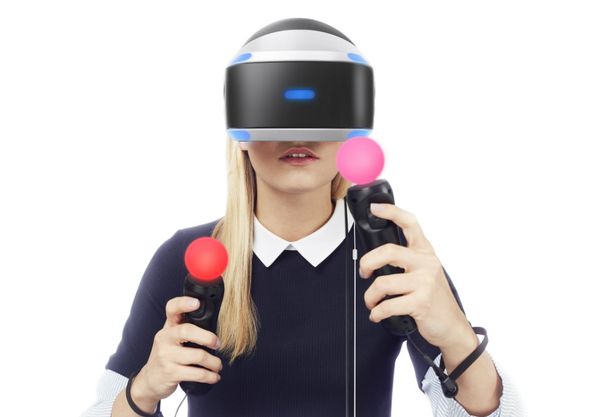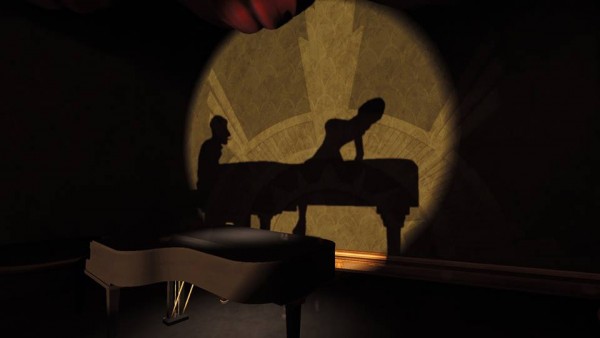I’ve written about coming out as trans before, and I suspect this won’t be the last time I write about it either. Not necessarily because I love talking about my own experiences, but because of the nature of coming out as a constant experience, something that never truly happens once. I came out first and foremost to my best friend in December of 2014 while we were driving through rural Georgia. I came out again three days later via an emotional post on Tumblr, then again in emails to my boss and colleagues at the University where I studied and taught, and then a month later to my parents over the phone. I find myself coming out regularly and often, and if there’s one thing I know about it, it’s that it is exhausting, harrowing, and even terrifying.
So when Zoe Quinn came out as not-cisgender last week, saying it was something I sympathized with is an understatement.
Quinn’s position in gaming culture stems deeply from a position of gender, the Gamergate controversy being rooted in a gendered kind of hate campaign. The backlash faced by Quinn and countless others is an example of the very real problems both the gaming industry and gamer culture as a whole has with gender representation and misogyny. As a result, it’s easy to see Quinn’s work as part of a pure feminist brand, one by women and for women that pushes for equality in an unequal cultural space.
Quinn’s coming out post may change that for some people, something Quinn addresses in the post itself. Their actions and reactions to the Gamergate controversy has made them a figurehead for women in games and game communities, someone who inspires people, to be admired and celebrated for doing what they can to push back against a male-dominated culture. Quinn questions this in their post, wondering how they can face the women and girls who look up to them and find them inspiring, who see Quinn’s being read as a woman as an important part of the work Quinn has done for gendered issues in the game industry. Quinn identifying as neither female nor male has the potential to change people’s views of what their work has done for the feminist movement, and considering their history with conflict in online spaces, it has the potential to create significant backlash from all sides. Some backlash will be from a place of hate, but still more could easily come from a place of ignorance and confusion. Saying that the understanding of gender identity as a spectrum is complicated is another massive understatement, but the potential for people to discredit Quinn’s work in games and feminism has as much potential to come from feminists as it does Gamergate supporters.
I won’t dig too deep into Quinn’s post – it’s available here and is an eloquent and heartfelt piece of writing that is deeply personal – but I will mention it because of the impact it had on me as a trans person involved in games and game culture who struggles with his own identity as a feminist and someone working to fight misogyny and bigotry. I read Quinn’s coming out and immediately found myself thinking of my own coming out experience, which, as I mentioned earlier, isn’t something that has stopped happening. One of the side-effects of coming out is a barrage of deeply personal questions, some of them invasive or even malicious. Being transgender is not only deeply personal, it’s inherently complicated, so coming out as a non-cisgender individual has deep and lasting pitfalls and problems.
Coming out for me led to a host of complicated questions, many of them coming from good places (like asking how I figured out I was really a man or how long I had known), and others from deeply inappropriate ones (read: any questions relating to my genitals, especially from strangers. Which has happened). The most complex questions are the ones that kept me in the closet about my gender for so long, and one of them is a question I still get, even after being out and open for two years. I was assigned female at birth, and have always been a vocal and active feminist. More than once I have been asked if I felt like my coming out as a transgender man was me turning away from feminism. If my gender identity means I hate women, or do not wish to associate with women, that I no longer seek the rights and changes I did before.
People don’t understand how I can be a feminist and a man at the same time, and this made Zoe Quinn’s coming out resonate deeply with me as a trans person who plays games and is involved in the gaming industry. The questions I get, the ones I had to grapple with myself, kept me deep in a gender closet for most of my twenties, and to see someone else coming out and considering those issues tells me two things.
The first is positive. It tells me that I’m not alone, and that there are people like me, who question their gender in game culture, even prominent activists. The second is a reminder that we still have a long fight ahead of us in that culture.
I’ve seen the difference in treatment in just the last two years of my life. I have gone into Gamestop as a man and been treated with courtesy, respect, and enthusiasm. This was an experience almost the complete opposite from experiences I’d had in the past, going into hobby shops or gaming stores as a girl and being treated with condescension, scorn, and outright hostility. Some of the treatment is minimal, and at first I barely even noticed it, but the more I interacted in game culture environments as a man, the more differences I saw.
The disparity is real, the gender gap is huge, and the space that exists between that polarizing binary is treacherous. Identifying as something other than cisgender is dangerous in every part of culture of course, but a subculture with deep roots stemming from white patriarchal goals creates situations even more dangerous, especially for someone who has spoken out vocally against those attitudes in the past. Zoe Quinn has been through more than anyone should have, and they aren’t the only one. The fact that they stated in their coming out post that part of their rationale for finally posting it was the feeling that there wasn’t anything else people could possibly do to make their life more complicated and difficult is even more telling, even more upsetting when we think about the way gaming communities have treated people from oppressed groups.
I admire Quinn’s decision to come out, but I also worry. Beyond the obvious criticism and hate its likely to inspire from the Gamergate crowd, the questions one faces as an out and open transgender individual are complex on a good day and inappropriate and insulting on a bad one. I wrote this post this week because I think that the side of gamer culture that has been on Quinn’s side from the beginning of the controversy needs to remain there, because Quinn isn’t the only trans gamer out there. As a trans gamer, their post gave me hope, for my place in gamer culture and for young people looking to get into the industry, to see more people like them in public figures.
I’m becoming a broken record for representation in a lot of ways, but I don’t think that’s anything to apologize for. Seeing Zoe Quinn’s words reminded me that I’m not alone, writing about and studying games as a transgender person who spent years struggling with his identity. Their gender, just like mine, doesn’t change anything they have accomplished for feminism, for games and culture, or for the industry. Gamer culture has a long uphill battle ahead of it for representation, acceptance, diversity, and change. I support Zoe Quinn’s decision to be themselves, whatever that means, and will continue to support their work for a culture I too seek to influence and understand. Those goals to make this culture more intersectional are what feminism is truly all about.

